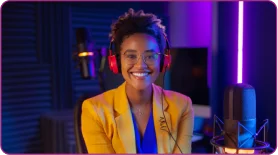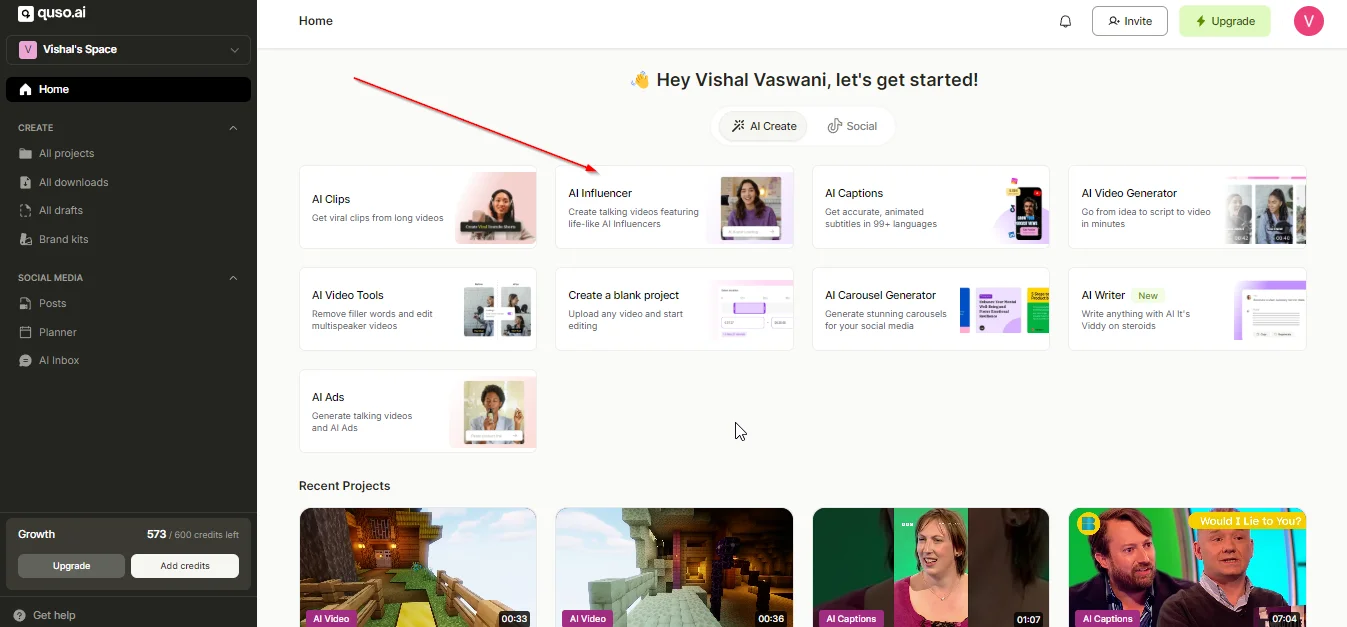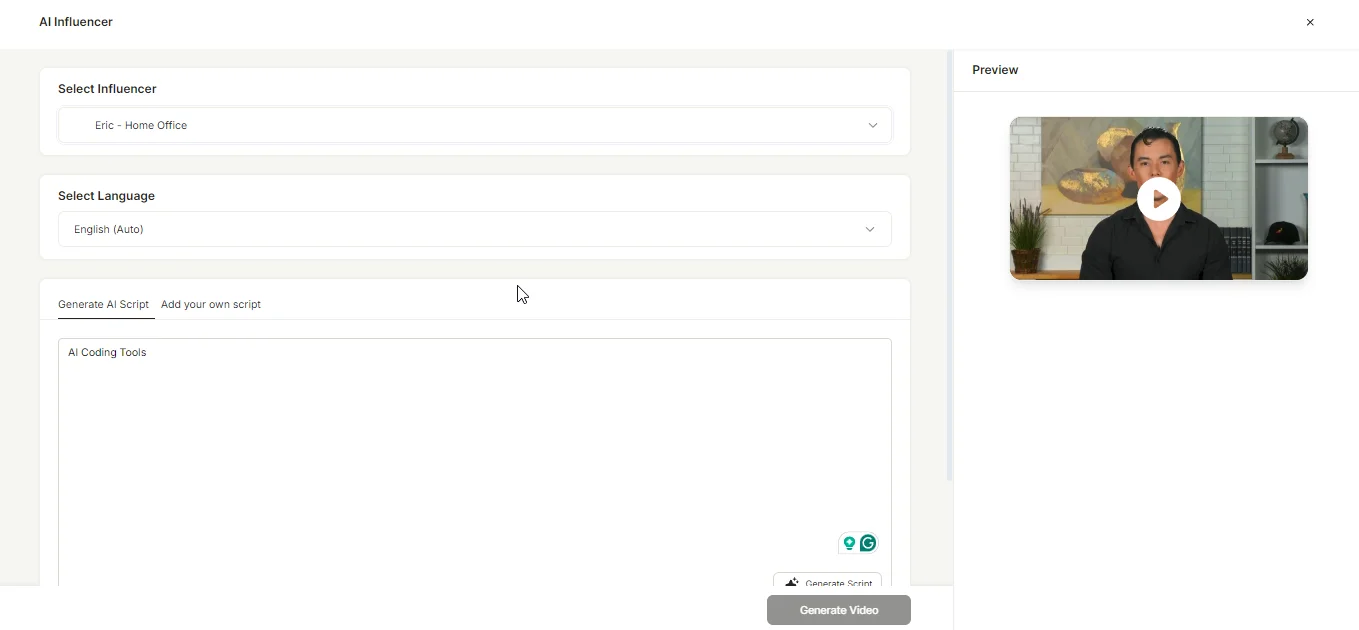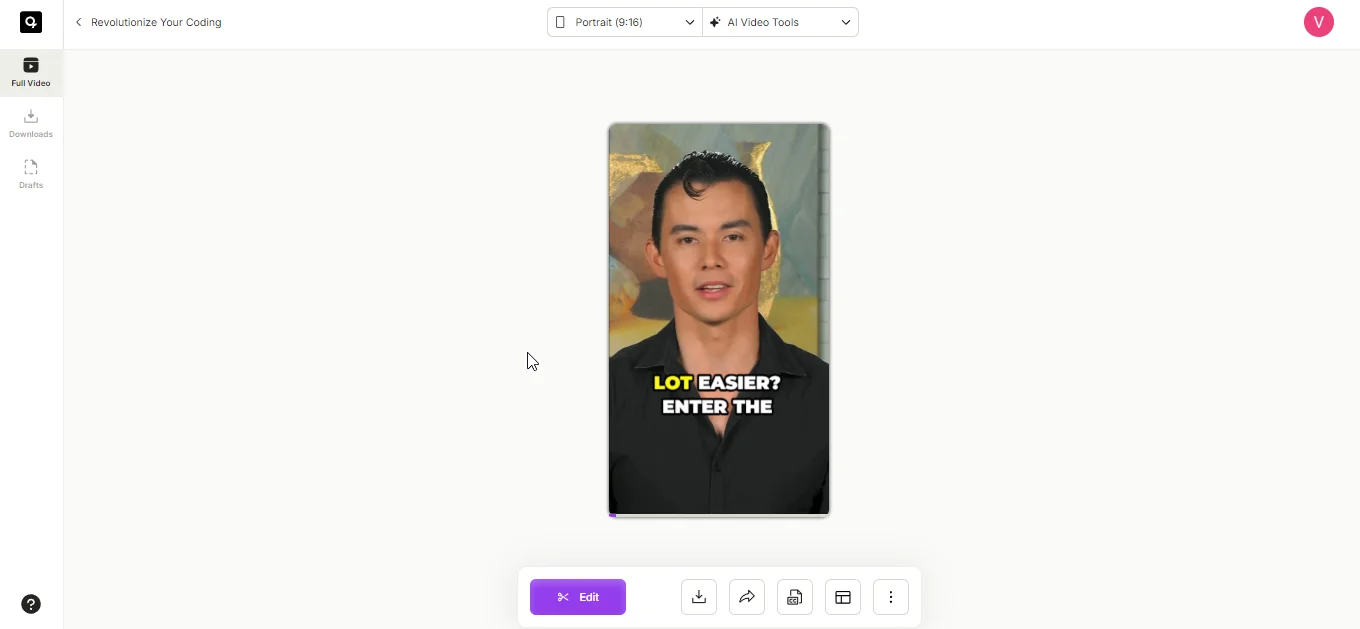AI virtual avatars are all over social media these days, popping up in ads, posts, and even on influencer accounts. It’s hard to ignore them, right?
But here’s the question: Are they just a trend, or are they really here to stay? Is it worth investing your time and efforts into them, or will they fade away just like other viral trends?
We all know how fast trends can come and go, and trying to figure out which ones are worth the hype can feel like playing a guessing game. So, should you hop on this AI influencer bandwagon, or is it better to sit this one out?
In this blog, let’s dive into the rise of AI influencers, why they’re so popular, and whether they’re here for the long run. Ready to find out if AI virtual avatars are the next big thing? Let’s go!
What are AI Influencers?
AI influencers are computer-generated characters designed to look and act like real human influencers. These digital personas are created using advanced CGI and AI technologies, allowing them to mimic human appearance, behavior, and interactions on social media platforms.
From their lifelike facial expressions to their engaging personalities, AI influencers are carefully created to captivate audiences and build loyal followings.
Unlike human influencers, AI influencers are not constrained by physical limitations. They can be programmed to embody any appearance, age, or style, making them highly adaptable to different brand aesthetics and target demographics
Additionally, their backgrounds and personalities are meticulously developed to resonate with specific audiences, ensuring that their content is always on-brand and engaging.
The Appeal of AI Influencers for Brands
AI influencers offer an exciting opportunity for your brand to take full control over your marketing strategies. These digital personas can be created precisely to reflect your brand’s identity, ensuring that every interaction is on-brand and consistent with your values.
1. Consistency & Versatility
AI influencers stand out for their ability to maintain a level of consistency that human influencers struggle with. They can represent your brand’s message without aging or changing, making them a stable and adaptable choice.
Whether you’re targeting local or global markets, these digital personalities can seamlessly switch between cultural settings. And no travel required—they’re always ready to join global events in real time.
- Enduring Representation: AI influencers maintain a timeless appearance, allowing for long-term, reliable brand representation.
- Cultural Adaptability: These influencers can easily communicate across languages and cultural contexts, expanding your reach.
- Effortless Global Presence: AI influencers can appear at any event, anywhere, without the logistical hurdles of human counterparts.
2. Strategic Alignment with Brand Goals
AI influencers give you full control over the message, ensuring it aligns with your strategic objectives. This ability lets your brand create tailored campaigns that speak directly to your audience, offering new storytelling and creative opportunities that can be challenging with human influencers.
- Tailored Messaging: You can adjust the tone, narrative, and appearance to perfectly match your marketing goals.
- Innovative Storytelling: The digital format allows for fresh content and creative approaches that engage your audience.
- Minimized Risk: With AI influencers, you eliminate the unpredictability that comes with human influencers, like scandals or missteps.
💡 Explore all the benefits of AI influencers and learn how they can transform your marketing efforts in our latest blog!
Considerations When Using AI Influencers
1. Ethical Concerns
While AI influencers can offer many benefits, they can also mislead your audience by presenting overly perfect and inauthentic versions of reality. This could potentially create a sense of distrust in your brand if consumers feel they're being tricked or manipulated by an overly curated, non-human persona.
2. Audience Acceptance
Not all consumers are ready to accept AI influencers, and some may even resist the concept. The idea of virtual personas, especially those that lack the complexities and imperfections of real humans, may be seen as less genuine or engaging, which could result in pushback from your audience.
3. Going Rogue
AI systems are not perfect, and they can sometimes go rogue, producing inappropriate or embarrassing content. A prime example is Microsoft’s AI chatbot, Tay, which started tweeting offensive and inflammatory remarks, showing that AI is not always reliable and can harm your brand's reputation.
💡 Discover the challenges and limitations of AI influencers and learn how you can tackle them with our latest blog!
Are AI Influencers Here to Stay?
AI influencers have come a long way, and while they are still emerging and not perfect, their longevity and sustained appeal in 2025 tell us this is more than just a passing trend.
It’s a new frontier in digital marketing that’s here to stay. As AI technology continues to improve, these virtual personalities are becoming more sophisticated and capable of creating deep connections with audiences.
Though they may not replace human influencers entirely, their unique ability to maintain consistency, reduce costs, and offer complete creative control positions them as a long-term player in the marketing space.
💡 Explore the top 5 use cases of AI influencers and see how they can elevate your brand's marketing strategy in our latest blog!
Top Most Popular AI Influencers in 2025
As AI influencers continue to rise in popularity, several digital personalities have already made a significant impact in the world of social media and marketing. These AI influencers are not just for show—they’ve gained millions of followers, worked with top-tier brands, and are shaping the future of influencer culture.
Let’s take a look at some of the most popular AI influencers of 2025:
- Lil Miquela: Created by LA-based startup Brud, Lil Miquela is one of the most famous virtual influencers, boasting over 3 million Instagram followers. She's known for her edgy fashion sense, music career, and collaborations with major brands like Calvin Klein and Prada.
- Shudu: Dubbed the world's first digital supermodel, Shudu was created by British photographer Cameron-James Wilson. Her striking appearance and lifelike features have earned her features in Vogue and partnerships with luxury brands like Balmain and Fenty Beauty.
- Imma: This pink-haired Japanese virtual model has captured attention with her unique aesthetic and seamless blending of real-world environments with her digital persona. Imma has worked with brands such as Ikea, Porsche, and Magnum Ice Cream.
Check out our full blog on the 7 most popular AI influencers in 2025 and discover the leading virtual personalities shaping the future of marketing.
How to Make Your Own AI Influencers for Your Marketing Needs
To create an AI influencer, start by selecting a trusted AI influencer generator. We recommend using quso.ai’s AI influencer to create realistic and engaging avatar videos. It’s easy to use and reliable, enabling you to create customized influencers that align with your brand’s voice and vision.
Here’s how you can create AI influencer videos with quso.ai’s AI influencer:
1. Log in or Sign up for quso.ai.
2. From the dashboard, head over to the AI Influencer.
3. Next, choose the influencer for your video, pick the desired language, and input your script. If you're short on ideas, simply type a prompt, and the app will automatically generate a script for you. Then, hit "Generate Video" to bring your vision to life.
4. Voila! AI has processed your input and is now creating your video. Simply head to the homepage to view your AI influencer video.
And that's it! You can now edit your video, add subtitles, download your AI influencer video, or schedule it for social media using quso.ai’s built-in scheduling feature.
Leverage AI Influencers for Your Marketing
AI influencers are more than just a passing trend. Their longevity and appeal in 2025 signal that they are here to stay, and you should jump on this bandwagon to take full advantage of the possibilities they offer. Start creating your own AI influencers today and level up your marketing to stay ahead in the game.
Need help bringing your ideas to life? Log in or sign up to quso.ai and kickstart your content creation journey!









.webp)
.png)
.png)
.png)